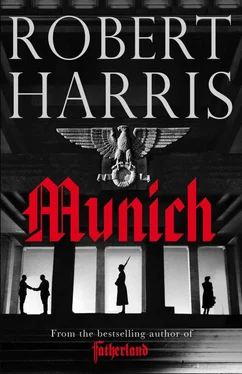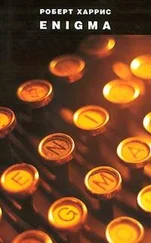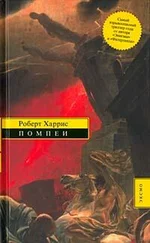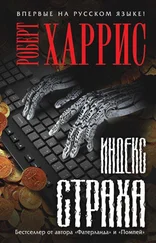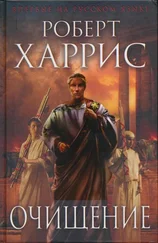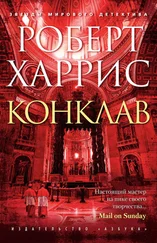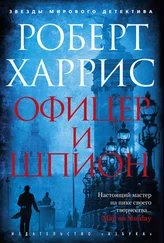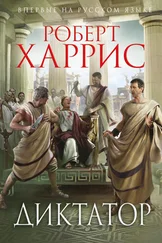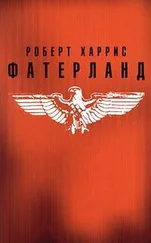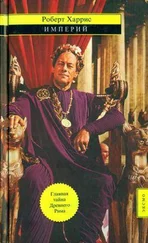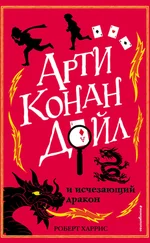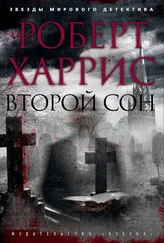Hartmann was about to move away from the window when his eye was caught by fresh activity in the street. A big Mercedes limousine roared into view and pulled up sharply opposite. Hartmann could make out Ribbentrop, and beside him Sauer. Plainly in a hurry, they jumped out and began crossing the road, looking right and left, even before their escort — a second Mercedes, carrying a quartet of SS men — had come to a stop. As Sauer waited for a truck to pass, he stared up at the apartment. Instinctively Hartmann drew back to avoid being seen.
Hitler was flicking through the summary. In a mocking voice he read out the headline in the New York Times — Chamberlain hero of Munich crowds! — and then another sentence: The cheers for Hitler were mechanical and polite. But for Chamberlain they were ecstatic.
In the vestibule, the entry bell rang. The adjutant left the room. Hitler threw the document on to the sofa and went over to his desk. For a second time Hartmann was left alone with him. He heard voices in the lobby. He slipped his hand inside his jacket. His fingertips touched metal. But then immediately he withdrew it. It was absurd. He was about to be arrested. Yet still he could not act. And if he couldn’t do it, who would? In that moment, in a flash of clarity, he saw that nobody — not him, not the Army, not a lone assassin — that no German would disrupt their common destiny until it was fulfilled.
The door opened and Ribbentrop came in. Sauer was behind him. They stopped and saluted. Sauer gave Hartmann a look of violent hatred. Hartmann felt a roaring in his ears. He readied himself. Ribbentrop, however, seemed the more nervous. ‘My Führer, I am told you have just seen Chamberlain.’
‘He asked for a private meeting last night. I couldn’t see the harm in it.’
‘May I ask what he wanted?’
‘For me to sign a piece of paper.’ Hitler picked it up from the desk and gave it to the Foreign Minister. ‘He seemed such a harmless old gentleman. I thought it would be rude to refuse.’
Ribbentrop’s face appeared to tauten as he read it. Of course, the Führer could not have made an error. It would be unthinkable even to suggest it. But Hartmann could sense a change of atmosphere in the room. Eventually, Hitler said irritably, ‘Oh, don’t take it all so seriously! That piece of paper is of no further significance whatsoever. The problem is here — with the German people.’
He turned his back on them and bent to examine the papers on his desk.
Hartmann saw his chance. With a slight bow first to the Foreign Minister and then to Sauer he withdrew towards the door. Neither attempted to stop him. A minute later he was out on the street.
The Lockheed Electra was bucketing through the low cloud that covered the English Channel. Beyond the windows there was nothing to be seen except an infinity of grey.
Legat sat in the same rear seat he had occupied on the flight to Munich, his chin in his hand, staring out at nothing. The Prime Minister was at the front with Wilson. Strang and Malkin were in the middle. Only Ashton-Gwatkin was missing: he was still in Prague, selling the agreement to the Czechs. The atmosphere on board was exhausted, melancholy. Malkin and Dunglass were asleep. There was a hamper of food in the locker behind Legat’s seat, provided by the Regina Palast Hotel, but when Chamberlain had been told it was a present from the Germans he had given orders it was not to be touched. It didn’t matter. Nobody was hungry.
Once again Legat could tell by the pressure in his ears when they were starting to descend. He took out his watch. It was just after five. Wilson leaned out of his seat. ‘Hugh!’ He gestured to him to come forward. ‘Gentlemen, could we talk?’
Legat walked unsteadily to the front of the plane. Strang and Malkin shifted into the seats behind the Prime Minister. He and Dunglass had to stand with their backs to the cockpit. The plane lurched and they knocked into one another. Wilson said, ‘I’ve been speaking to Commander Robinson. We should be on the ground in about half an hour. Apparently, there’s quite a crowd waiting for us, as you might imagine. The King has sent the Lord Chamberlain to conduct the PM directly to Buckingham Palace so that Their Majesties can convey their thanks in person. There will be a meeting of the Cabinet as soon as we get back to Downing Street.’
The Prime Minister said, ‘Obviously, I shall have to make a statement to the cameras.’
Strang cleared his throat. ‘May I say, Prime Minister, that I would urge you to treat any undertaking given by Hitler with the utmost caution? The actual agreement over the Sudetenland is one thing — most people will understand the reasons for that. But this other document...’ His voice trailed off.
He was seated directly behind Chamberlain. His long face was anguished. The Prime Minister had to turn his head slightly to reply to him, and Legat registered again how stubborn he was in profile. ‘I understand the Foreign Office point of view, William. I know Cadogan, for example, believes we should treat appeasement simply as a regrettable necessity — make it clear we have no practical alternative as things stand, use it purely as an opportunity to buy time, and announce a massive programme of rearmament. Well, we are rearming massively — next year alone we shall devote more than half of all government expenditure to arms.’ And now he spoke to them all — perhaps particularly to Legat, although he could never afterwards be sure. ‘I am not a pacifist. The main lesson I have learned in my dealings with Hitler is that one simply can’t play poker with a gangster if one has no cards in one’s hand. But if I speak in such terms when we land that will simply give him the excuse to continue his belligerence. Whereas if he keeps his word — and I happen to believe he will — we will avoid war.’
Strang persisted. ‘But what if he breaks his word?’
‘If he breaks it — well, then the world will see him for what he is. No one then can be in any doubt. It will unite the country and rally the Dominions in a way they simply are not at present. Who knows?’ He permitted himself a slight smile. ‘Perhaps it will even bring the Americans in on our side.’ He patted his pocket. ‘Therefore, I intend to give this joint declaration the maximum publicity as soon as we land in London.’
It was 5.38 p.m. when the Prime Minister’s plane finally broke through the clouds and appeared above Heston Aerodrome. As the ground flickered into view, Legat could see the traffic along the Great West Road. Cars were halted for more than a mile in either direction. It had been raining heavily. Headlights reflected off the wet tarmac. A vast swarm of people, thousands upon thousands of them, was clustered at the airport gates. The Lockheed roared low over the terminal building, dropping fast. He gripped the armrests. The wheels bounced on the grass runway a couple of times, then settled, and they lurched over the airfield at a hundred miles an hour, sending up a spray of water on either side, then braking sharply, before turning on to the concrete apron.
The scene beyond the window in the autumn gloom was chaotic — cameramen and newspaper reporters, airport workers, policemen, scores of Eton schoolboys bizarre in their formal dress, Cabinet ministers, MPs, diplomats, members of the public and the House of Lords, the Lord Mayor of London in his ceremonial chain. Even at a distance Legat could make out the immensely tall figure of Lord Halifax in his bowler hat standing like Don Quixote beside the diminutive Sancho Panza of Sir Alexander Cadogan. Syers was with them. Their umbrellas were furled. It must have stopped raining. There was only one car, a big old-fashioned Rolls-Royce, flying the Royal standard. A man in overalls guided them on to their stand and signalled that the pilot should cut the engines. The propellers stuttered to a stop.
Читать дальше
